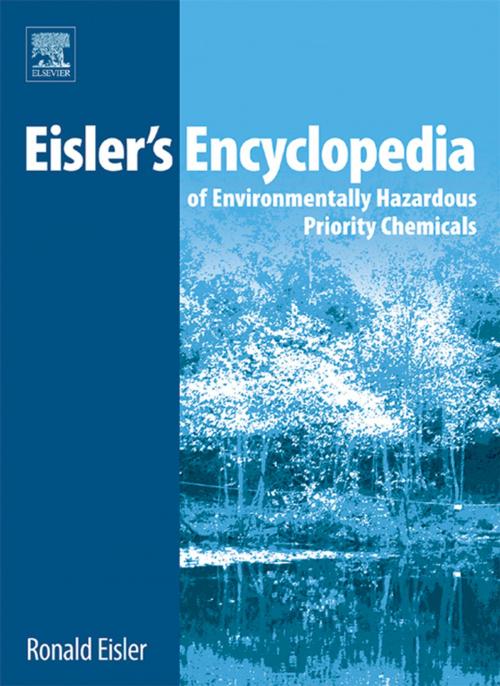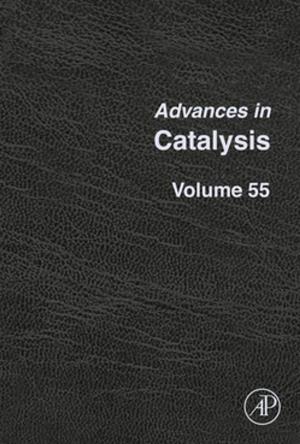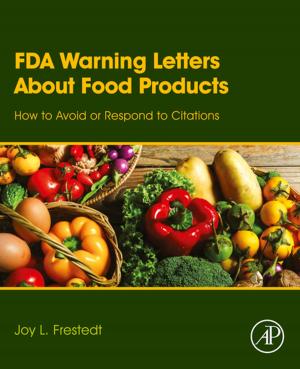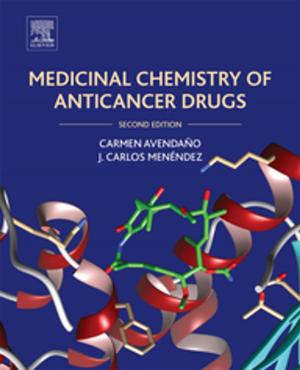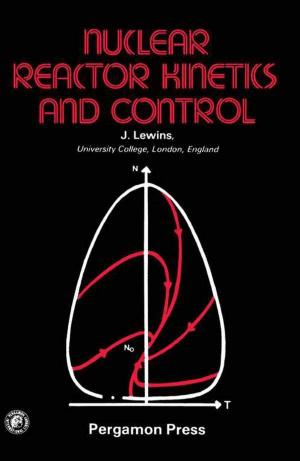Eisler's Encyclopedia of Environmentally Hazardous Priority Chemicals
Nonfiction, Science & Nature, Technology, Engineering, Environmental, Science| Author: | Ronald Eisler | ISBN: | 9780080547077 |
| Publisher: | Elsevier Science | Publication: | August 8, 2007 |
| Imprint: | Elsevier Science | Language: | English |
| Author: | Ronald Eisler |
| ISBN: | 9780080547077 |
| Publisher: | Elsevier Science |
| Publication: | August 8, 2007 |
| Imprint: | Elsevier Science |
| Language: | English |
Thousands of inorganic and organic chemicals and their metabolites enter the biosphere daily as a direct result of human activities. Many of these chemicals have serious consequences on sensitive species of natural resources, crops, livestock, and public health. The most hazardous of these were identified by a panel of environmental specialists from the U.S. Fish and Wildlife Service; these chemicals are the focus of this encyclopedia.
For each priority group of chemicals, information is presented on sources, uses, physical and chemical properties, tissue concentrations in field collections and their significance, lethal and sublethal effects under controlled conditions. This includes effects on survival, growth, reproduction, metabolism, carcinogenicity, teratogenicity, and mutagenicity - and proposed regulatory criteria for the protection of sensitive natural resources, crops, livestock, and human health. Taxonomic groups of natural resources covered include terrestrial and aquatic plants and invertebrates, fishes, amphibians, reptiles, birds, and mammals.
* The only product that centers on the most hazardous environmental chemicals to sensitive natural resources
* The only single volume compendium on the subject, allowing ease in consulting
* Written by a noted national and international authority on chemical risk assessment to living organisms
Thousands of inorganic and organic chemicals and their metabolites enter the biosphere daily as a direct result of human activities. Many of these chemicals have serious consequences on sensitive species of natural resources, crops, livestock, and public health. The most hazardous of these were identified by a panel of environmental specialists from the U.S. Fish and Wildlife Service; these chemicals are the focus of this encyclopedia.
For each priority group of chemicals, information is presented on sources, uses, physical and chemical properties, tissue concentrations in field collections and their significance, lethal and sublethal effects under controlled conditions. This includes effects on survival, growth, reproduction, metabolism, carcinogenicity, teratogenicity, and mutagenicity - and proposed regulatory criteria for the protection of sensitive natural resources, crops, livestock, and human health. Taxonomic groups of natural resources covered include terrestrial and aquatic plants and invertebrates, fishes, amphibians, reptiles, birds, and mammals.
* The only product that centers on the most hazardous environmental chemicals to sensitive natural resources
* The only single volume compendium on the subject, allowing ease in consulting
* Written by a noted national and international authority on chemical risk assessment to living organisms
